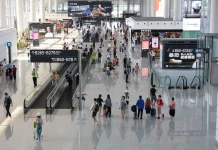Amid the challenging circumstances, some junkets based in Macau have been gradually relocating their business operations, along with their players, to small-scale casinos in Southeast Asia. This information comes from the latest report on the Macau junket industry, which concludes that the ability of the junkets to withstand the current regulatory challenges and fully recover ‘remains uncertain‘.
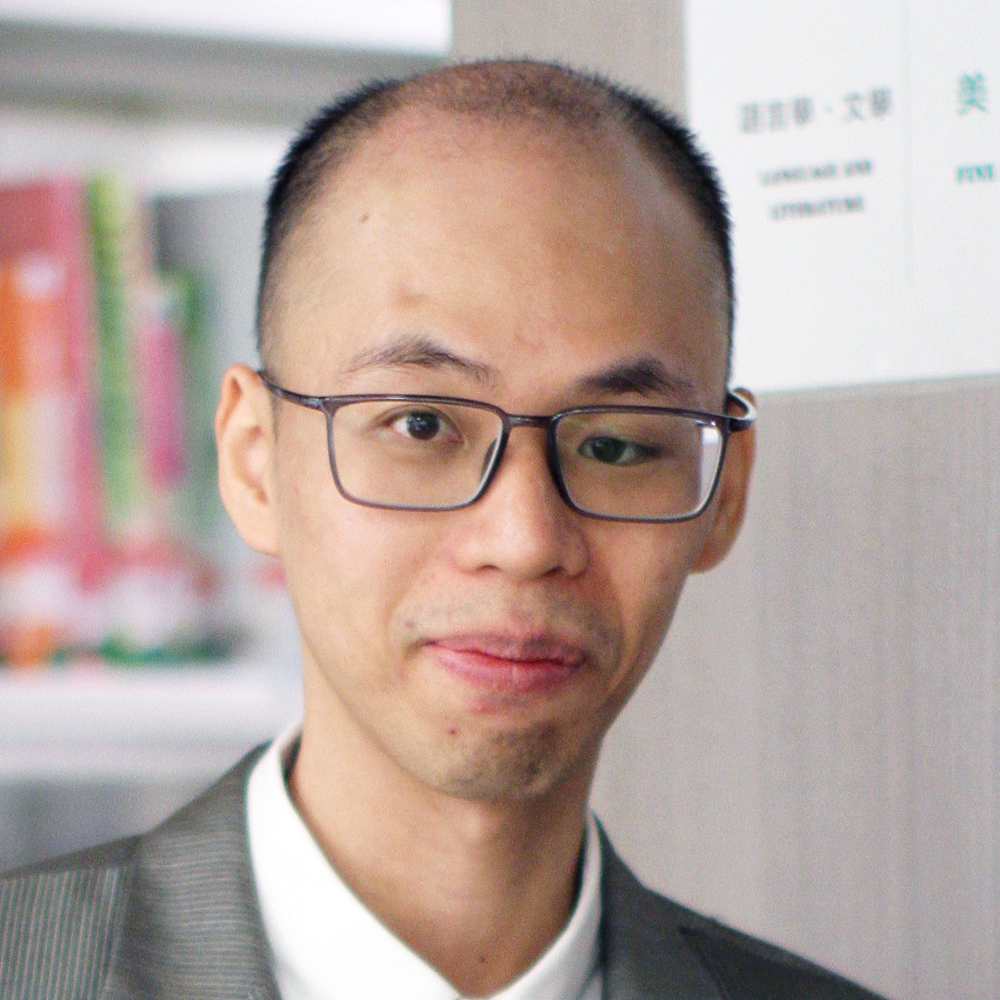
Currently, only a dozen of junkets have been in operation among the 36 junket licensees since the new casino concessions began in January 2023.
The paper notes that ‘while gaming promoters are here to stay, their presence in casinos appears to contradict the prevailing trend.’
‘It is expected that junkets and their marketing role in casinos are expected to be gradually curtailed to a level similar to, or even lower than, their counterparts in Nevada and Singapore.’
‘An amalgam of policy, regulatory and economic factors at the local, national and international levels are closely linked to the prospects of the sui generis junket system in Macau casinos. Gaming promoters and their collaborators must remain both compliant and competitive in an ever-increasing regulatory environment.’
The paper entitled “Death of a Salesman? The New Junket Regulation and Practice in Macau” is a study of Macau scholars: Ryan Ho Hong Wai from the Centre for Gaming and Tourism Studies of the Macao Polytechnic University and Jenny Phillips from the Faculty of Business and Law of the University of Saint Joseph.
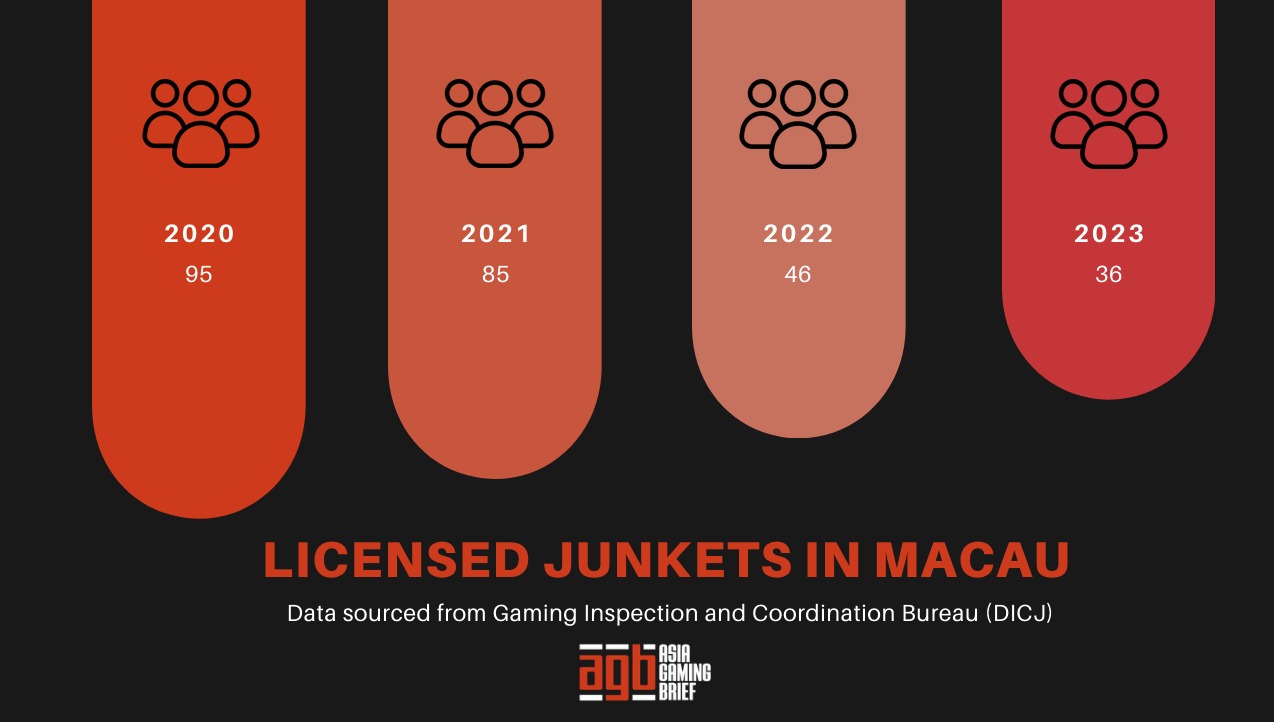
On a positive note, scholars indicate that all six concessionaires have either established formal partnerships or are in contemplation of accepting gaming promoters to access their VIP salons.
‘For instance, a gaming promoter has recently launched its rolling volume-based junket arrangements in a new in-house VIP club operated by a concessionaire. Though most clients were reportedly from China and Hong Kong, no casino markers would be issued for Chinese players. Moreover, Macau and the six concessionaires are currently pitching the international gaming market to complement the local casino market.’
‘By leveraging the networks of junket promoters and their associates, concessionaires can effectively reach a diverse range of foreign patrons and expand their business opportunities beyond the Greater China region.’
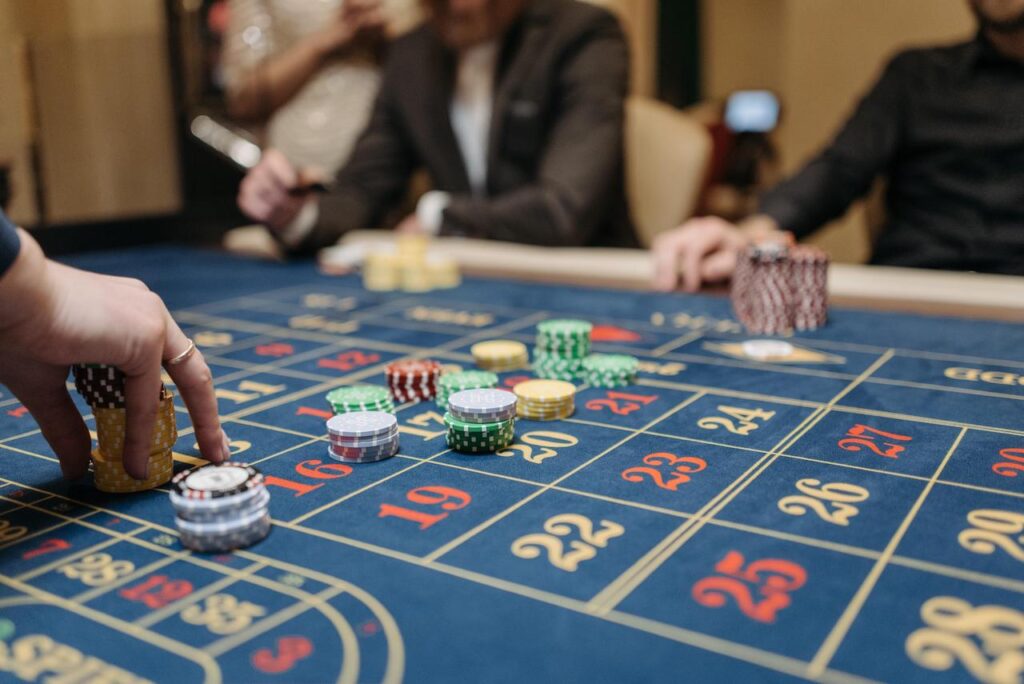
Gambler recruitment in the shadow of new regulation
Chinese policy continues to be a big consideration during the gambler recruitment. The paper mentions that excepting the new gaming regulations in Macau, the local junket sector remains in the shadow of the national anti-gambling policies across the Chinese border.
‘The systemic problem of junket operators and their collaborators has been their modus operandi and informal industry practice. In particular, gaming promoters and their gambler recruitment model are increasingly at odds with China’s anti-gambling policies and the national positioning of Macau as a prime tourist destination.’
While seeking to maintain social and economic stability domestically, the recent amendment to China’s criminal law that penalizes the organization of cross-border gambling trips has broader global implications. The penalization of junket trips has accentuated the irreversible divide between the national interest and the gambler recruitment model traditionally upheld by the junket community in Macau and across Asia.
The study highlights that the regulatory burden and operational risks facing Macau junkets and their associates are myriad and continue to grow.
‘The new criminal offenses for organizing junket trips might have already disrupted the junket system and upended the long-running China-based gambler recruitment model, leading to a substantial decline in VIP business. This unpalatable conclusion suggests a profound shift in the industry’s entire landscape, casting doubt on the future of gaming promoters.’
‘To maintain competitiveness in the market, gaming promoters and other industry stakeholders must be proactive and resilient in adapting to these changes and exploring other service areas that could align with the industry’s gaming and non-gaming development.’
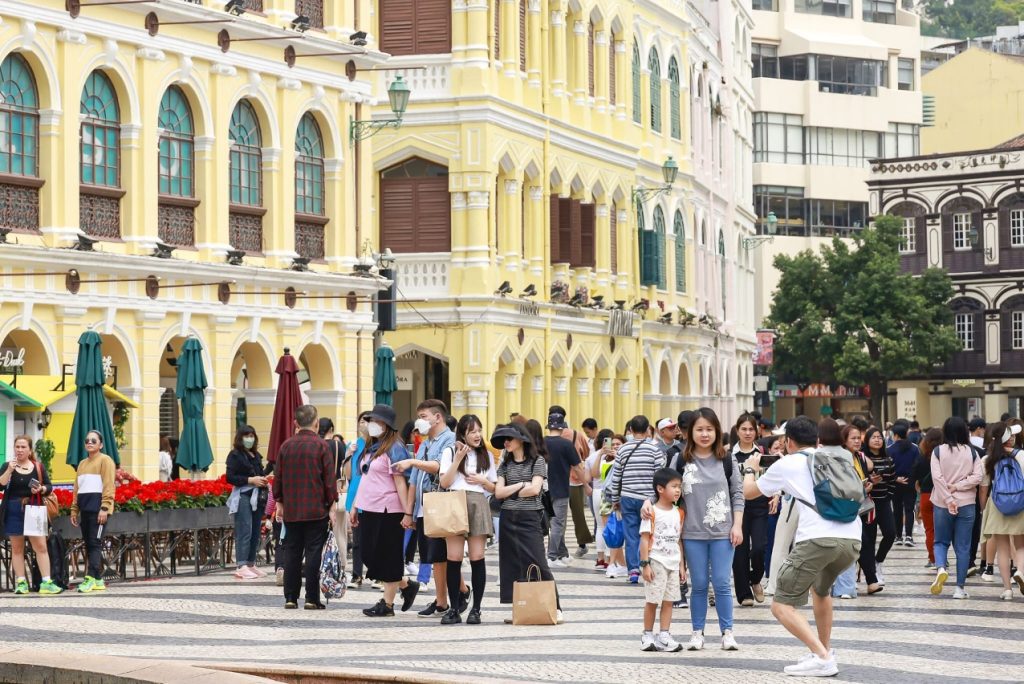
Junkets face ‘market cannibalization’
Gaming scholars also notice that due to the new compensation models, junkets’ interest is impaired in competition with the concessionaires. As scholars point out that junkets face ‘market cannibalization’ in the local casino context.
While the junket sector is in the process of recovery, concessionaires have been forging ahead to expand their self-directed VIP programs. Most loyalty programs consist of five or seven tiers, with increasing benefits and rewards offered at each tier. Macau casinos typically offer premium players a rebate ranging from 0.7 to 1.1 percent of their rolling chip purchase, alongside other complimentary privileges.’
Additionally, junket licensees are currently obligated to pay a 5 percent tax on their rolling chip commissions with no exemptions. The reintroduction of the commission tax on gaming promoters could be interpreted as ‘a sign that Macau is attempting to discourage the expansion of the junket business’.
This policy direction is also in line with the territory’s current priority of developing the territory into a family-friendly and business-ready destination.









